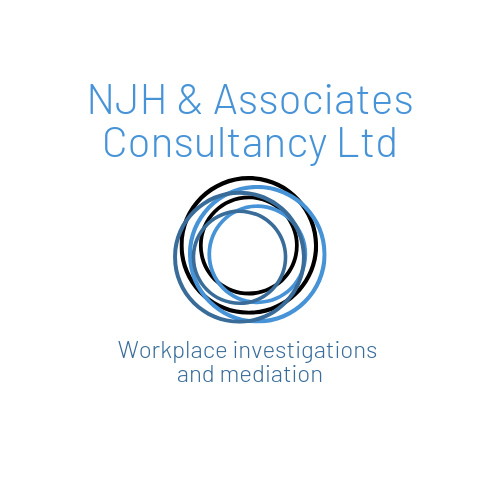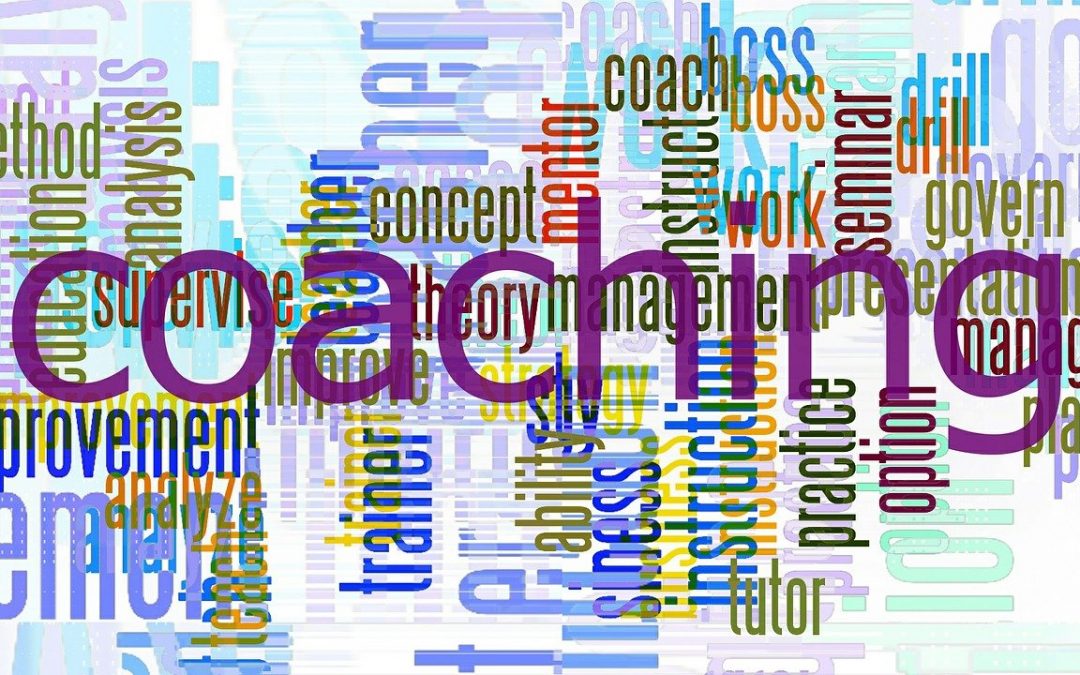What is conflict coaching?
Conflict is not always negative but often our reaction to it is. Conflict itself is useful and valuable and it is not always necessary to avoid it in the workplace. Different viewpoints are important but if conflict is getting in the way conflict coaching can help.
Conflict coaching is a set of skills and strategies used to support people’s ability to engage in, manage or resolve conflict. It helps individuals understand conflict, their thoughts and feelings about conflict, how that drives their behaviour, and how that in turn, impacts on other people. By considering possible alternatives, gaining understanding about other people’s ‘conflict behaviour’, a new approach can arise that gives a greater feeling of managing conflict rather than just reacting to it.
Conflict coaching gives individuals the capacity to avoid the destructive impact of conflict on personal and professional relationships, by giving them the confidence and skills to effectively manage conflict. They can then maintain productive, positive working relationships that are robust enough to withstand challenges.
How does it work?
The coach helps individuals to think through all aspects of the conflict and consider options to resolve it, by asking questions, providing feedback and offering insights. The conflict coach works one on one with individuals experiencing conflict with another person. The individual is able to talk about the conflict with the coach who is a neutral third party, consider options and design an approach to discuss the conflict with the other person. The coach therefore acts as a confidential listener and someone to practice on.
What is very important is that the individuals are responsible for any outcome, which can give a sense of control over a situation that may feel uncontrollable.
Can you provide an example of conflict coaching?
An example of conflict coaching would be for the coach to play the role of the party the individual is in conflict with. This can be useful in helping the individual explore the conflict from the other party’s perspective. The coach may suggest the individual put themselves in the other party’s shoes and describe how they might be feeling and experiencing the conflict.
This can then lead on to the individuals exploring and testing options; the individuals might try out ideas and suggestions on the coach who is still in role. The conversation can be paused at any time to give feedback on things such as body language or tone.
The individuals would be encouraged to think about any issues they might face during the ‘real’ conversation and to work out how they would deal with those issues, for example, strong emotions.
When is conflict coaching useful?
It can be used to prevent a potential conflict escalating or to effectively manage an existing dispute. It can also be used when there is a problem and the other person does not know or does not want to engage formally in the resolution.
When should conflict coaching be used?
Conflict coaching can be useful at any stage in a conflict, formally or informally and should be considered where there is an ongoing working relationship between the parties.
It can be used as a standalone process or can be practiced with each of the parties in separate meetings during the mediation process.
If you would like to discuss matters further, please do not hesitate to get in touch for confidential and impartial advice.

